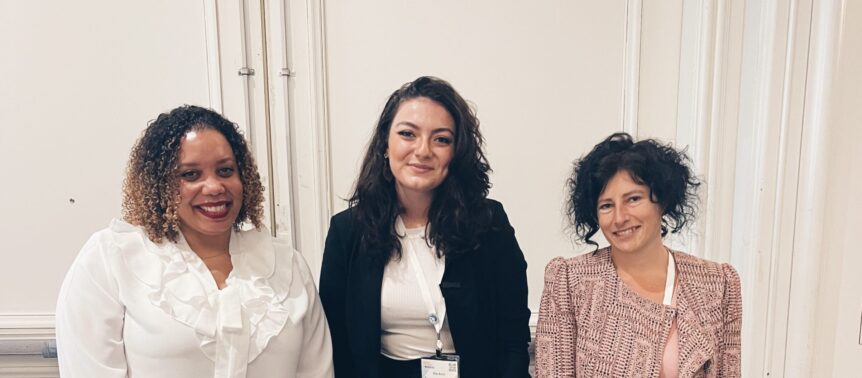At the Global Ties U.S. National Meeting I joined an interactive panel discussion about effective adult learning. Andragogy is the study of adult learning, as pedagogy is child learning. This discussion provided a new perspective on programs, as all adults involved in international professional exchanges are constantly learning. This includes Embassy-chosen world leaders, local resources, speakers, liaisons, and everyone who interacts with such exchanges. We are constantly learning about ourselves, others, and the world around us. Such exchanges prove interconnectedness. All adult learning is exchange!
As a Program Manager, I learned that my role in adult learning is to create the best conditions for learning. Practicing and reflecting, being humble and open minded, and always being flexible. It is important to acknowledge that all adults come to these spaces with experiences, and we must utilize this knowledge to facilitate adult learning.
Malcolm Knowles founded the principles of adult learning in 1989. These principles include,
- Autonomy – adults prefer a sense of control and self-direction
- Goal-oriented – many adults have particular goals and prefer to partake in activities that help them reach their goals
- Practical – adults prefer practical knowledge and experiences that have personal relevance in learning activities
- Competence and mastery – adults enjoy gaining competence in workplace skills as it boosts confidence and improves self-esteem
- Learning by experience – many adults prefer to learn by doing rather than listening to lectures
- Wealth of knowledge – each adult brings a wealth of knowledge to the spaces they are walking in to practice adult learning, they relate this depth of knowledge to their learning experience
- Purposeful – adults prefer to know the purpose of trainings, exercises, and the motivation underlying such activities
- Emotional barriers – emotions based on past experiences may interfere with the learning process of some adults
- Result-oriented – adults have expectations regarding what they will gain at the end of an activity and will often opt out of voluntary learning if their expectations are not met
- Outside responsibilities – many adults have responsibilities outside of the learning space, carving out specific time for learning affects adult learners
- Potential physical limitations – some adults may encounter physical limitations depending on their age, which can slow their learning process
- Big picture – adults require the big picture of what they are learning, they need to know how the small parts fit into the larger landscape
- Responsible for self – adults often take responsibility for their personal success and failure at learning
- Need for community – many adult learners prefer a community of individuals learning with them, so they may interact and discuss questions and issues
I was reminded that our international delegations come into spaces where learning and teaching may be culturally different in the United States compared to their home countries. It is important to practice patience as our world leaders adjust and to provide parameters to delegations and local resources.
Thank you to Bryan Wells, Project Lead at CRDF Global for putting together this amazing discussion! And thank you to Jodi Hope Michaels, Executive Director at Global Ties Kalamazoo and Courtney Wright, Adjunct Instructor School of Education at American University for sharing your knowledge with the Global Ties U.S. network!

